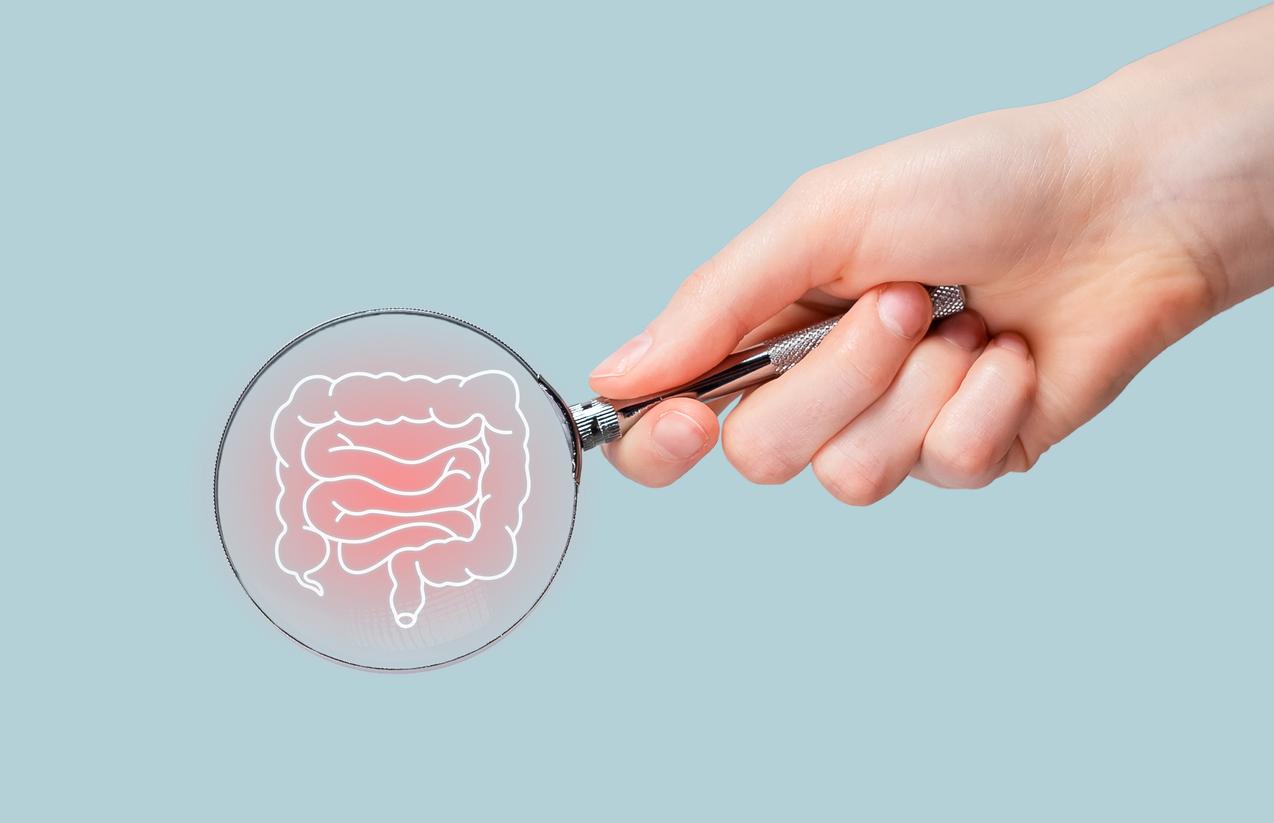According to a new study, a diet high in carbohydrates but low in fat and protein would better fight against nosocomial infections acquired in hospital.

Eating a diet low in carbohydrates but high in fats and proteins has been shown to be effective for the brain, and even for certain chronic diseases. Not to mention the waistline. However, a new study shows that, conversely, a diet high in carbohydrates but low in protein and fat can help fight infection. Clostridioides difficile (C. diff), a nosocomial infection that it is therefore possible to contract in the hospital, in a health establishment. The results of this work are published in the journal mSystems belonging to theAmerican Society for Microbiology.
Several diets tested
Thus, the researchers found in mice that the administration of antibiotics, coupled with a diet rich in fats and proteins worsened the infection. On the contrary, the symptoms tended to disappear with a diet high in carbohydrates and low in fat and protein. “The intestinal microbiota is strongly affected by diet, but the scientific community that has studied the infection C.diff has not yet come to a consensus about the effects of diet on its risk or severity. Our study solves this problem by testing several diets with very different macronutrient content, i.e. the balance of carbohydrates, proteins and fats was very varied”explains Brian Hedlund, microbiologist at the University of Nevada in Las Vegas (United States) and co-author of the study.
Antibiotics are not the only culprits
This work therefore underlines the importance of diet, whereas previous studies estimated that antibiotics were solely responsible for the development of this nosocomial infection. In effect, Clostridioides difficile is usually contracted when the antibiotics have killed all the “good” bacteria in the gut. In reality, for an infection to develop, “you might need that combination of protective bacteria suppressed by antibiotics and a diet that promotes the spread of disease”says Brian Hedlund.
A poorly diversified microbiota
However, although the high carbohydrate diet appears to protect against infection C.diff, the researchers observed that it also gave rise to the least diverse community of bacteria within the microbiota. “Many studies believe that low microbial diversity is always a bad thing, but in this case it gave the best results on the disease”, estimates Ernesto Abel-Santos, biochemist and author of the study. While this work was conducted only on animals, further research needs to be conducted on humans to better understand the impact of this type of diet on the intestinal flora in the long term.
.














